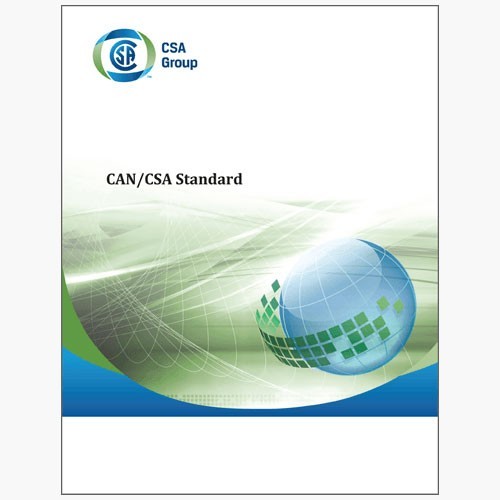TOLL FREE · 1-888-361-0003 Our Customer Support is ready to help!

Formats Available:
Online,
Print
Product Overview
CAN/CSA-ISO/IEC 13673-02 (R2016)
CSA Group Information Technology - Document Processing and Related Communication - Conformance Testing for Standard Generalized Markup Language (SGML) Systems (Adopted ISO/IEC 13673:2000, first edition, 2000-05-01)
Total
As low as
$160.00
More About This Product
Description
Scope This Standard addresses the construction and use of test suites for verifying conformance of SGML systems. Its provisions assist those who build test suites, those who build SGML systems to be evaluated by such suites, and those who examine an SGML system's performance on a test suite as part of the process of selecting an SGML tool. In particular, this standard includes: criteria for the organization of test suites, including naming conventions, documentation conventions, and specification of applicable concrete syntaxes and features. Among other advantages, these conventions facilitate any non-SGML automatic processing that may be convenient for the developers or the users of the tests; Note: An example of such non-SGML processing is sorting tests by name a standard form for describing test results that makes clear what has been proven or disproven by the tests; the specification of a Reference Application for SGML Testing (RAST) that interprets all markup to allow machine comparison of test results for documents conforming to ISO 8879. RAST indicates in a standard way when tags, processing instructions, and data are recognized by the parser, replacing references and processing markup declarations and marked sections appropriately. RAST tests information likely to be passed by a general-purpose SGML parser to an application but does not test additional information that some parsers provide; the specification of a Reference Application for Capacity Testing (RACT) that reports a validating parser's capacity calculations. An SGML system that supports this application indicates its ability to report capacity errors regardless of whether it supports variant capacity sets; the specification of test procedures related to SDIF data streams. This Standard applies to the testing only of aspects of SGML implementation and usage for which objective conformance criteria are defined in ISO 8879. Note: Among the aspects of an SGML system not addressed by this standard are error recovery, phrasing of error messages, application results, and documentation (including the system declaration).
Scope This Standard addresses the construction and use of test suites for verifying conformance of SGML systems. Its provisions assist those who build test suites, those who build SGML systems to be evaluated by such suites, and those who examine an SGML system's performance on a test suite as part of the process of selecting an SGML tool. In particular, this standard includes: criteria for the organization of test suites, including naming conventions, documentation conventions, and specification of applicable concrete syntaxes and features. Among other advantages, these conventions facilitate any non-SGML automatic processing that may be convenient for the developers or the users of the tests; Note: An example of such non-SGML processing is sorting tests by name a standard form for describing test results that makes clear what has been proven or disproven by the tests; the specification of a Reference Application for SGML Testing (RAST) that interprets all markup to allow machine comparison of test results for documents conforming to ISO 8879. RAST indicates in a standard way when tags, processing instructions, and data are recognized by the parser, replacing references and processing markup declarations and marked sections appropriately. RAST tests information likely to be passed by a general-purpose SGML parser to an application but does not test additional information that some parsers provide; the specification of a Reference Application for Capacity Testing (RACT) that reports a validating parser's capacity calculations. An SGML system that supports this application indicates its ability to report capacity errors regardless of whether it supports variant capacity sets; the specification of test procedures related to SDIF data streams. This Standard applies to the testing only of aspects of SGML implementation and usage for which objective conformance criteria are defined in ISO 8879. Note: Among the aspects of an SGML system not addressed by this standard are error recovery, phrasing of error messages, application results, and documentation (including the system declaration).
